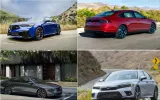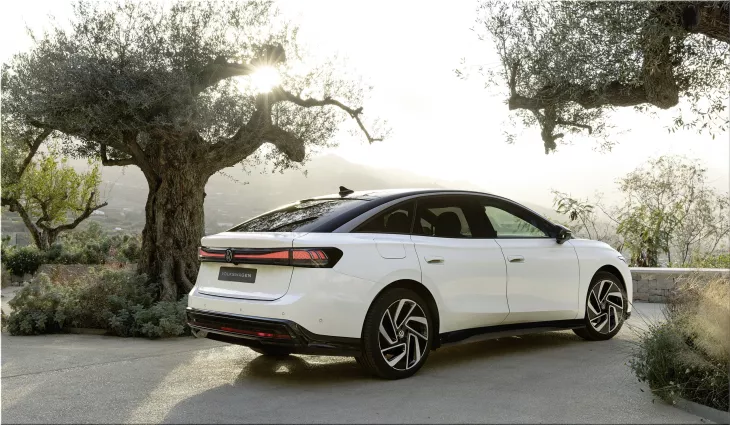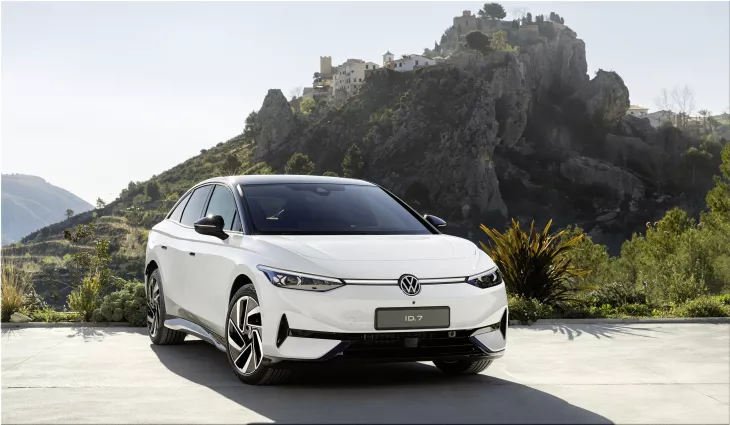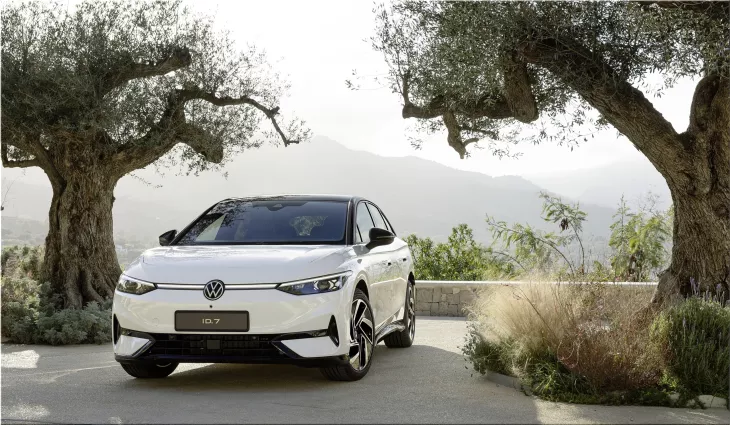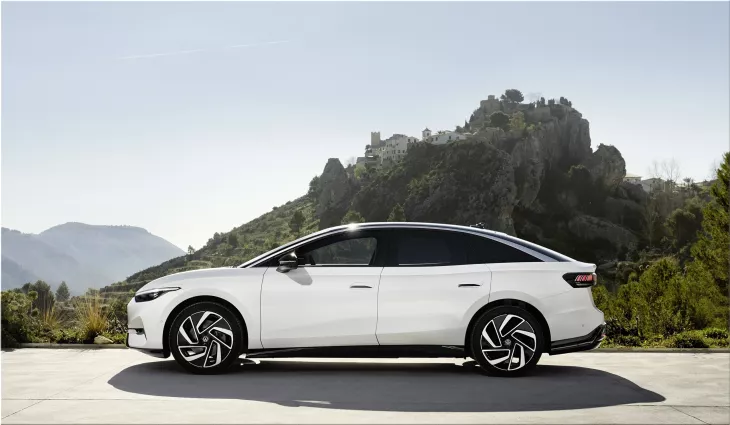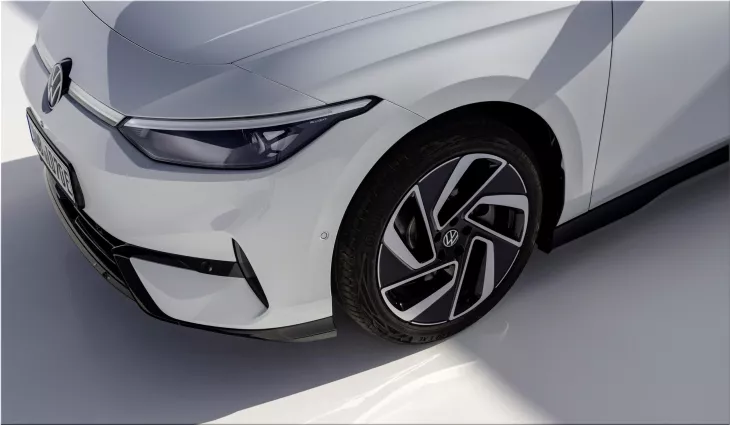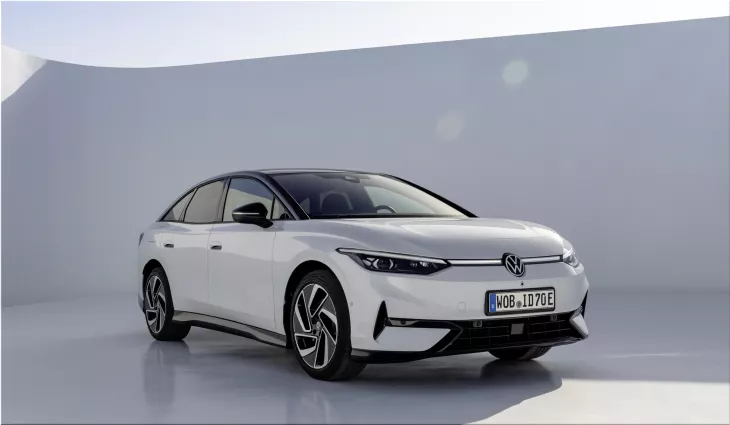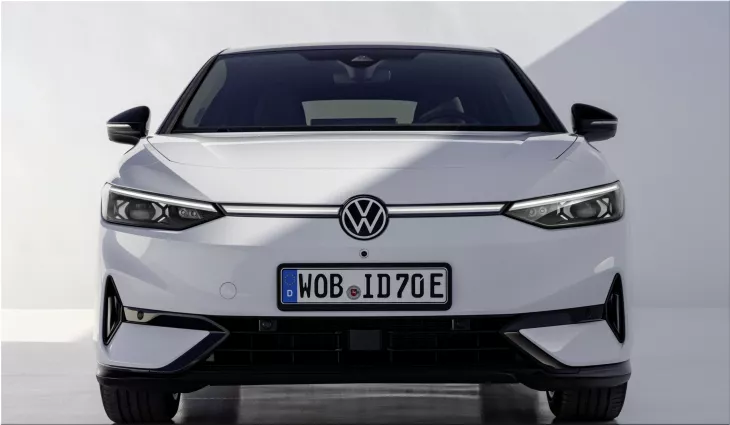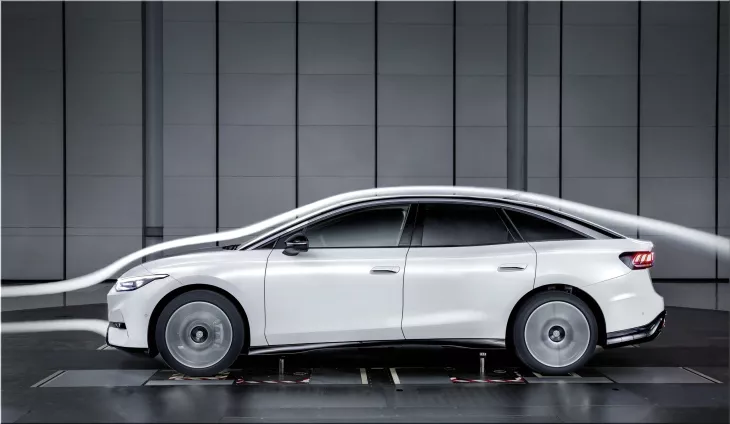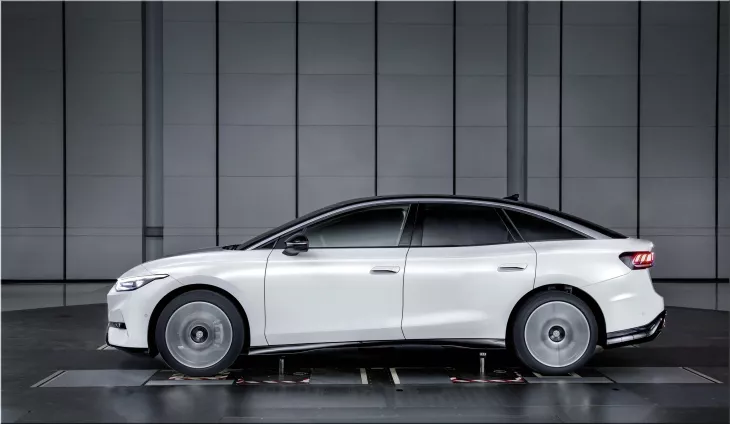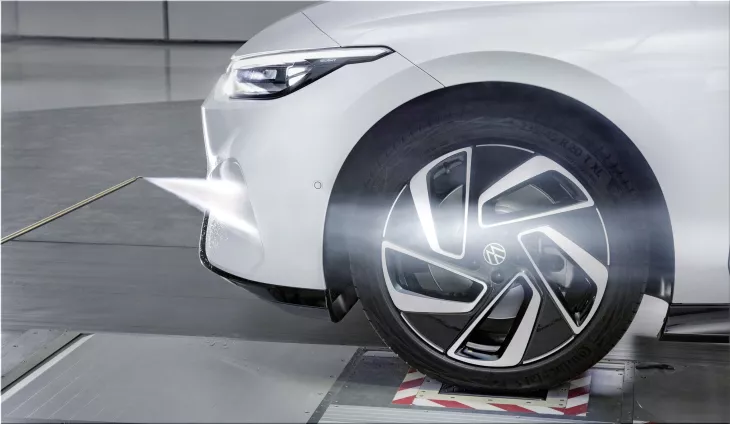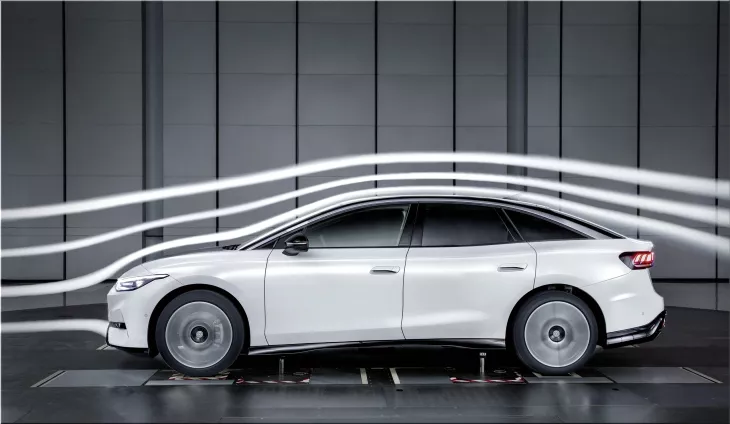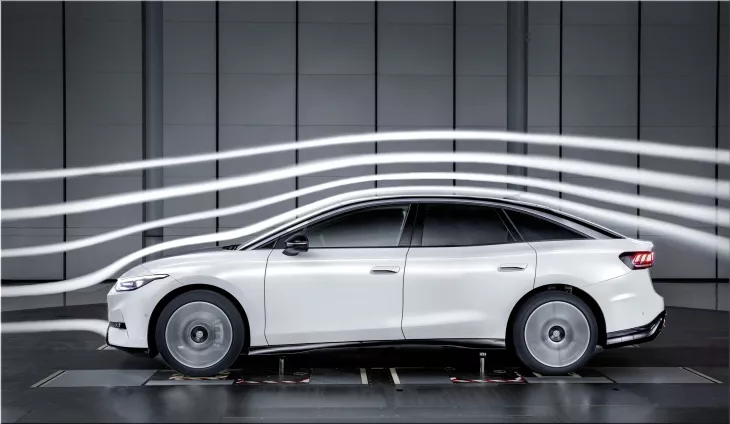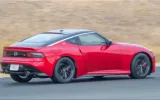Volkswagen is known for making some of history's most popular and iconic cars, such as the Beetle, the Golf, and the Passat. But the German automaker is also looking ahead to the future, with a bold plan to become a leader in electric vehicles (EVs) by 2025. One of the key models in this plan is the Volkswagen ID.7, a sleek and spacious crossover that promises to be an aerodynamic benchmark in its segment.
The Volkswagen ID.7 is part of Volkswagen's ID family of EVs, which also includes the Volkswagen ID.3, the Volkswagen ID.4 SUV, and the Volkswagen ID.Buzz electric van. The ID.7 is expected to debut in 2022 as a rival to the Tesla Model Y and the Ford Mustang Mach-E. It will be based on Volkswagen's modular electric platform (MEB), which allows for a variety of battery sizes and power outputs.
But what makes the Volkswagen ID.7 stand out from other EVs is its sophisticated aerodynamics, which is crucial for achieving long-range and high efficiency. According to Volkswagen, the ID.7 has a drag coefficient (Cd) of just 0.23, which is lower than most conventional cars and even some sports cars. The Tesla Model Y has a Cd of 0.25, while the Ford Mustang Mach-E has a Cd of 0.29.
How did Volkswagen achieve such a low drag coefficient?
The answer lies in the meticulous design and engineering of every detail of the ID. 7's body and underbody. Volkswagen says it used advanced computational fluid dynamics (CFD) simulations and wind tunnel tests to optimize the airflow around and under the vehicle.
Some of the key features that contribute to the ID. 7's aerodynamics are:
- A smooth front end with a closed grille and slim LED headlights
- A sloping roofline that merges into a large rear spoiler
- A flat underbody with integrated air ducts and diffusers
- Aerodynamically shaped wheels and wheel arches
- Active air flaps that open and close depending on the cooling demand
- A retractable door handle system that reduces turbulence
All these elements work together to reduce the air resistance and improve the performance and efficiency of the ID.7. Volkswagen claims that every 0.01 reduction in Cd translates into an additional 3 miles of range for an EV.
What are the benefits of driving an aerodynamic EV?
Driving an aerodynamic EV like the Volkswagen ID.7 has several advantages over driving a conventional car or a less aerodynamic EV.
First, an aerodynamic EV can travel farther on a single charge, which reduces the need for frequent recharging and alleviates range anxiety. This also makes an aerodynamic EV more suitable for long-distance trips and highway driving, where air resistance is more significant.
Second, an aerodynamic EV can save money on fuel costs, as it consumes less energy per mile than a less aerodynamic EV or a gasoline-powered car. According to Volkswagen, driving an EV can save up to $1,000 per year on fuel costs compared to driving a gasoline car.
Third, an aerodynamic EV can reduce greenhouse gas emissions and air pollution, as it emits zero tailpipe emissions and uses electricity from renewable sources. This can help mitigate climate change and improve public health.
Why should you consider buying an aerodynamic EV like the Volkswagen ID.7?
If you are looking for a new car that is stylish, spacious, powerful, and eco-friendly, consider buying an aerodynamic EV like the Volkswagen ID.7 that can go farther than a Tesla.
The Volkswagen ID.7 offers a spacious interior with room for five passengers and a large trunk. It also features a futuristic dashboard with a touchscreen infotainment system that supports wireless charging and smartphone integration.
The Volkswagen ID.7 also delivers a powerful performance with an estimated output of 300 horsepower and an all-wheel-drive system. It can accelerate from 0 to 60 mph in about six seconds, reaching a top speed of 112 mph.
The Volkswagen ID.7 also boasts a long range of up to 310 miles on a single charge, thanks to its low drag coefficient. It can be recharged quickly using fast-charging stations or at home using a wallbox or a regular outlet.
The Volkswagen ID.7 also supports a variety of driver assistance and safety features, such as lane keeping assist, blind spot monitor, rear cross traffic alert, and automatic emergency braking.
The Volkswagen ID.7 is expected to cost around $45,000 in the US market, which is competitive with other EVs in its segment. It will also come with a generous warranty and maintenance package from Volkswagen.
The Volkswagen ID.7 is not just a car but a statement of innovation and sustainability. It is a car that combines the best of the comfort and convenience of a crossover and the efficiency and environmental benefits of an EV. It is a car that will make you proud to drive and own.
If you want to learn more about the Volkswagen ID.7 or other EVs from Volkswagen, visit their website or contact your local dealer today.

